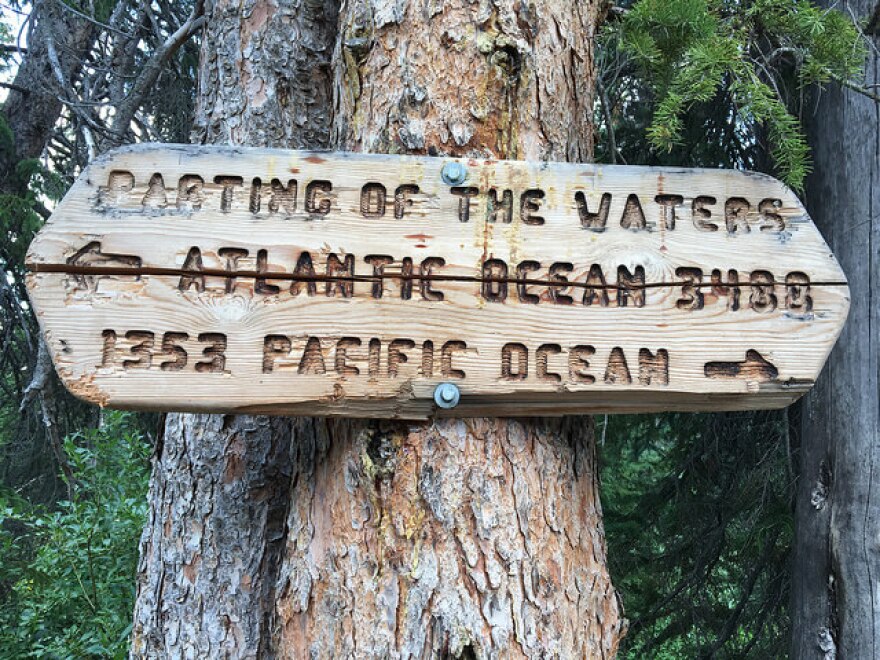Wednesday morning, Nov. 10, 2021
State
Utah House approves controversial redistricting map
Utah’s House of Representatives approved a new Congressional map Tuesday. The vote came just one day after an hours-long meeting that saw hundreds of public comments against the Republican leaders’ redistricting plan. It slices Salt Lake County into four districts, and each places a small piece of the state’s most populous county with large swaths of rural Utah. A few lawmakers tried to sub in different plans, but those motions failed. In the end, the House approved the map authored by Rep. Paul Ray, R-Clearfield, co-chair of the Legislative Redistricting Committee. The Senate could vote on the map as soon as Wednesday morning. Read the full story. — Emily Means
The redistricting fight will continue
Better Boundaries is pursuing legal and legislative action in response to redistricting maps approved by Utah legislators. The group said in a statement Tuesday it has formed a political action committee to "pursue electoral consequences.” They're also preparing a ballot measure in hopes to repeal and replace the new maps. Better Boundaries said they're disappointed state legislators did not consider maps created by the Independent Redistricting Commission. The group helped create the state's independent commission through a 2018 proposition, which has an advisory role. — Martha Harris
No plan for a veto
Gov. Spencer Cox said he will not veto the Utah Legislature’s proposed redistricting map His statement came in response to a question during a Facebook Live town hall Tuesday night. Cox said the map passed through the House with a veto-proof majority, and he expects similar results in the Senate. He said angering that supermajority with a symbolic veto wouldn’t do any good, and said he looks forward to working with the Legislature on things like education funding and water conservation. — Elaine Clark
Region/Nation
Infrastructure funding heading to Colorado River basin
A bipartisan infrastructure bill is headed to President Joe Biden’s desk after passage in the house last week. But even once the bill is signed into law, that’s just the beginning of figuring out where exactly the money will go. That will be up to federal agencies like the U.S. Forest Service and Bureau of Reclamation. In total, $8.3 billion are earmarked for water infrastructure in the West, a big chunk of which will go to the Colorado River basin. $300 million will help implement the basin’s drought contingency plans, and a portion of $2.3 billion is for ecosystem restoration. Activists say this legislation will help fix issues with existing infrastructure, and the yet-to-be-passed Build Back Better plan contains more funding for adapting to climate change in the future. — Alex Hager, KUNC
Completing the Continental Divide Trail
Federal lawmakers heard testimony Tuesday in support of a proposal that would complete the Continental Divide Trail. The trail runs for more than 3,000 miles along the spine of the Rockies, but still has some big diversions around private land. The bill would allow the federal government to close those gaps by acquiring land from willing sellers. The goal is to complete the CDT by 2028. The committee hasn’t set a date yet to vote on the bill. — Nate Hegyi, Mountain West News Bureau


